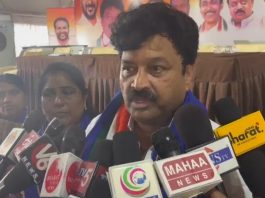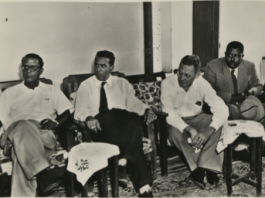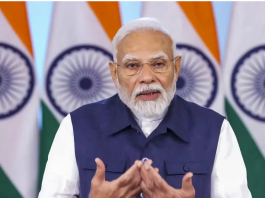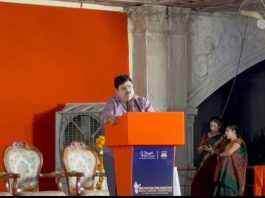A recent controversy in Gujarat has emerged following revelations about a teacher’s alleged association with saffron groups, which has raised concerns regarding the potential involvement in extremist activities. The teacher, who is part of a prominent educational institution, is now under investigation as authorities attempt to understand the extent of his ties to these political and religious groups. This development has led to public debate about the intersection of education, politics, and the potential influence of extremist ideologies.
The Teacher’s Alleged Ties to Saffron Groups
According to reports, the teacher in question has been linked to various saffron organizations, known for their strong ideological stance and association with Hindu nationalist movements. These groups have been accused of promoting divisive rhetoric and even extremist activities in the past. While the teacher’s role within these groups is still under scrutiny, the connection has raised alarm, particularly within educational circles, as there is a concern about the influence such associations may have on students and the learning environment.
The Investigation and Authorities’ Concerns
The Gujarat authorities have initiated an investigation into the teacher’s activities, attempting to determine whether these associations have led to any involvement in extremist actions. Educational institutions are viewed as key spaces for shaping young minds, and any potential radicalization of educators is seen as a serious threat to the social fabric. The investigation is being closely monitored by local political leaders, educators, and concerned citizens, who worry about the repercussions for the community.
Impact on Education and Teachers’ Roles
Education professionals are entrusted with the responsibility of fostering critical thinking, inclusivity, and respect for diverse opinions. Concerns over teachers with extremist affiliations highlight the delicate balance required in maintaining a neutral and supportive educational environment. The question being asked is whether political affiliations and group memberships are appropriate for teachers to engage in, and to what extent such affiliations can impact their professional responsibilities.
Political and Social Reactions
The news has sparked a flurry of political and social reactions across Gujarat. Proponents of saffron groups have rallied in support of the teacher, claiming that his political views should not be a matter of concern if they do not interfere with his professional duties. On the other hand, critics have expressed their apprehension about the influence of extremist ideologies in schools, calling for more stringent checks on educators’ affiliations to ensure a balanced, unbiased educational experience for all students.
The Role of Educational Institutions in Preventing Radicalization
This incident underscores the importance of monitoring educational institutions and their staff for any signs of radicalization or political extremism. Authorities are discussing the need for clearer policies around the political affiliations of teachers and their potential impact on the educational system. These discussions are necessary to ensure that educational spaces remain neutral, promoting a culture of respect, inclusivity, and critical thought.
The ongoing investigation into the teacher’s saffron link has shed light on the delicate issue of political involvement in education. While educators have the right to their personal beliefs and associations, their professional responsibility to foster a balanced and inclusive environment for students is paramount. The case raises important questions about the role of teachers in shaping political discourse and the potential influence of extremist ideologies in educational spaces. Moving forward, educational authorities may need to refine policies to protect the integrity of the learning process.







